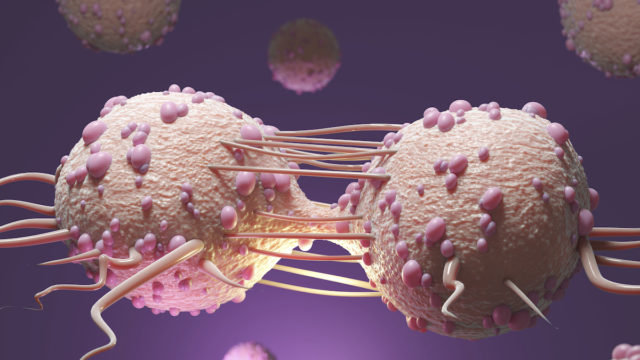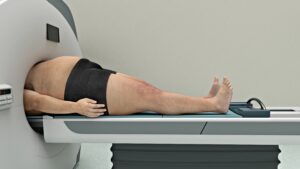Immutep (ASX:IMM) shares have spiked after Bristol Myers Squibb announced that a drug similar to Immutep’s lead candidate had succeeded in fighting cancer in a large study.
Patients treated with Bristol Myer Squibb’s anti-LAG-3 monoclonal antibody relatlimab in conjunction with BMS’s blockbuster immunotherapy Opdivo had better progression-free survival than patients just treated with Opdivo alone, the large study of 714 patients with advanced melanoma found.
“The results of this study suggest that targeting the LAG-3 pathway in combination with PD-1 inhibition may be a key strategy to enhance the immune response and help improve outcomes for these patients,” said Jonathan Cheng, BMS’s head of oncology development.
The LAG-3 (lymphocyte-activating gene) protein was discovered in 1990 by Frédéric Triebel, the chief scientific officer and founder of Immutep, which describes itself as the global leader in the development of LAG-3 therapeutics.
Its drug eftilagimod alpha, or efti, targets the LAG-3 pathway in a different method than BMS’s antibody. But the goal is the same – stimulating the body’s white blood cells so they target tumours more effectively.
Immutep is testing efti as a cancer-fighter in conjunction with Merck’s “miracle drug” Keytruda, an immunotherapy that uses the same PD-1 checkpoint as Opdivo. Data from the Phase II trial is expected in June.
Bell Potter analyst Tanushree Jain said BMS’s study was the first phase 3 clinical trial to show a benefit of the anti-LAG3/PD-1 combination, so would be received well by investors.
“We see LAG-3 emerging as the next big immune oncology checkpoint which can get as widespread a utility as the current PD-1/PD-L1’s do,” she wrote. Those drugs have billions in annual sales each year.
“We expect to see increased investor and partner interest especially from the US emerging for the (Immutep) stock at the back of this announcement,” she said in a note to investors.
Shortly before lunchtime, Immutep shares were up 26.1 per cent to two-month high of 43.5c.
You might be interested in











